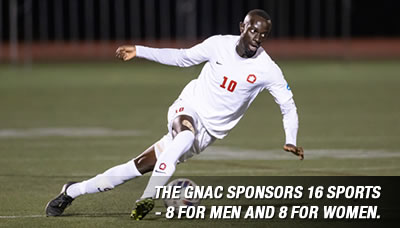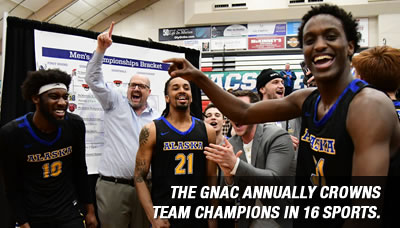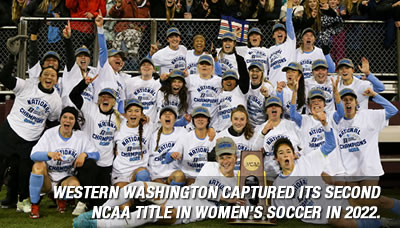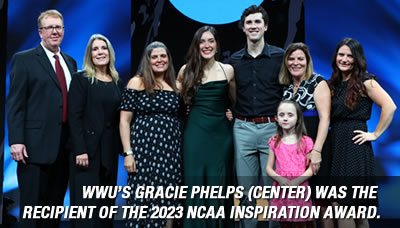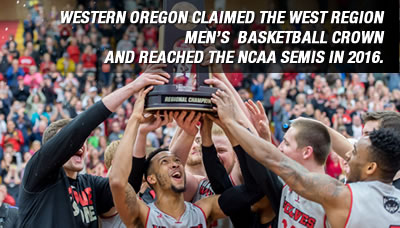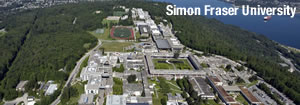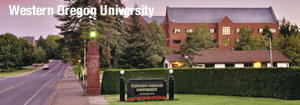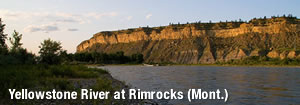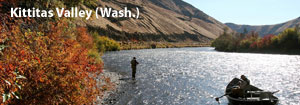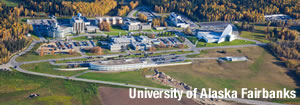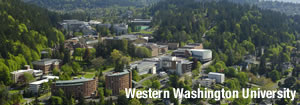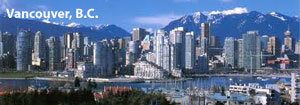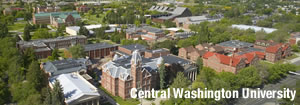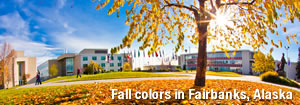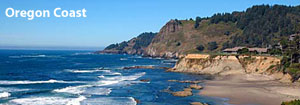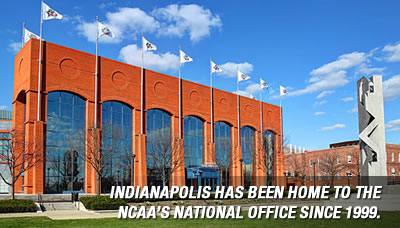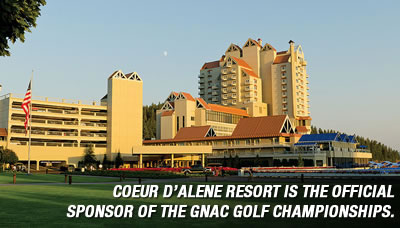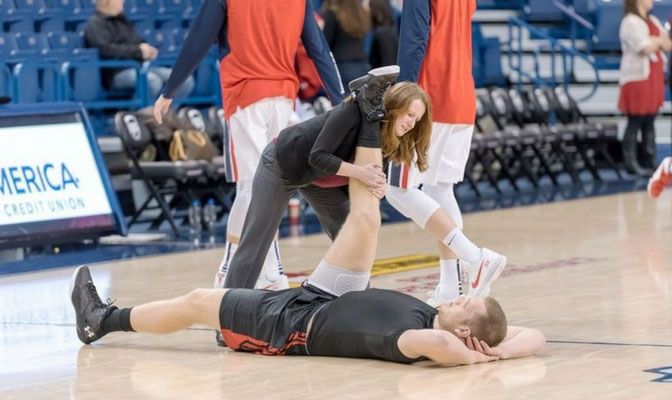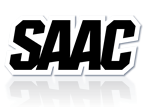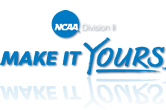Friday, March 9, 2018
In celebration of National Athletic Training Month, the GNAC is profiling athletic trainers throughout the conference. These trained medical professionals at every school work to keep the student-athletes of the GNAC healthy, active and safe.
National Athletic Training Month is an initiative of the National Athletic Trainers Association. To learn more about the month and role athletic trainers provide to the college athletics community, Click Here.
Name: Alice Loebsack
Institution: Saint Martin's University
Years At Institution: 5
Hometown: East Wenatchee, Wash.
Colleges Attended & Degrees: Spokane Falls Community College, University of Wisconsin-Superior (Undergraduate, Exercise Science minor in Athletic Training), San Jose State University (Graduate, Kinesiology emphasis in Athletic Training)
Sports In Which You Have Served As A Primary Athletic Trainer: Football, gymnastics, water polo, basketball, soccer, softball and volleyball.
What Prompted Your Interest In A Career In Athletic Training: In high school, I was always interested in the medical field. I had a strong desire to work with athletes. At Eastmont High School there was an athletic training program that I was able to be a part of for three years. After week one, I knew it was the profession for me. It was action-packed, never the same thing two days in a row and I got to watch sports on the sidelines!
Who Has Been The Biggest Influence On Your Career: The biggest influence on my career would be the athletic trainers I worked under while I was in my education: Dena Halle, Phoebe Duke and Dave Kroll. All had a different perspective on what an athletic trainer looked like and everyone gave me tools that made me into a leader. The two females showed me that it was possible to be a female head athletic trainer. I didn't know that it was rare to see until I was much older, which gave me confidence.
For You Personally, What Are The Most Satisfying Aspects Of Being An Athletic Trainer: My most satisfying aspect is being able to feel like I've helped an athlete in their path. Whether it is just returning from an ankle sprain all the way to managing life stressors as they come up. I am encouraged when they are able to develop and grow as adults and be prepared for the world to come.
What Are The Most Challenging Aspects Of The Job: Time management of all the things that need to get done as well as developing things to improve the program and provide better access and information for our student-athletes. There is always more that can be done.
What Is The Most Misunderstood Aspect Of The Athletic Training Profession: That we are not coaching staff, personal trainers or something else. We are the medical support for our student-athletes.
What Is One Key Element Of Your Job That Most People Would Not Realize: How much goes on behind the scenes. Most people don't understand how much paperwork and administration is required to maintain the health and safety of student-athletes. We have insurance, medical charts, safety reviews, training of coaches, training of ourselves, inventory and outreach just to name a few.
What Has Been The Biggest Change In Athletic Training During Your Career: Concussion management. It has been amazing to look back at what was considered conservative care and what we do now. We are so much further ahead now. It will be interesting to see what happens as we continue to learn more.
What Do You See As Primary Health Concerns Currently In College Athletics: Stress management, nutrition and cardiac conditions. I'm leaving concussions off as we are already treating it as a "hot topic". These are areas that I commonly see as not managed as well as we could and often have bigger implications if not addressed early.
What Advice Would You Give To A High School Or College Student Interested In Pursuing A Career In Athletic Training: Get a wide variety of experience. I've found every different job, internship, sport, etc., has provided me some new knowledge, experience and opportunity for growth. If you have to job shadow, do that. Go after summer internships. Find any way to get into an athletic training room so you can see more.

